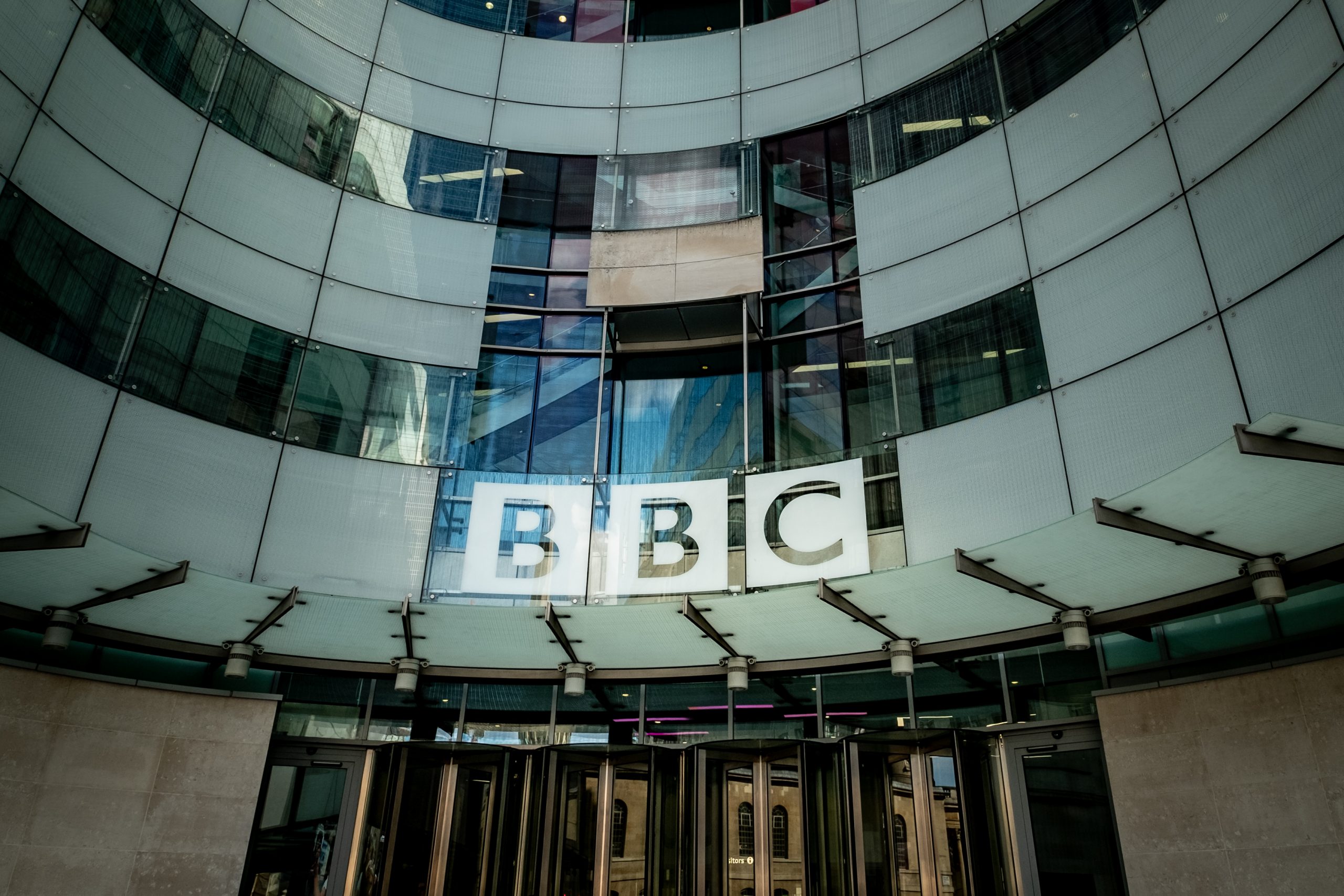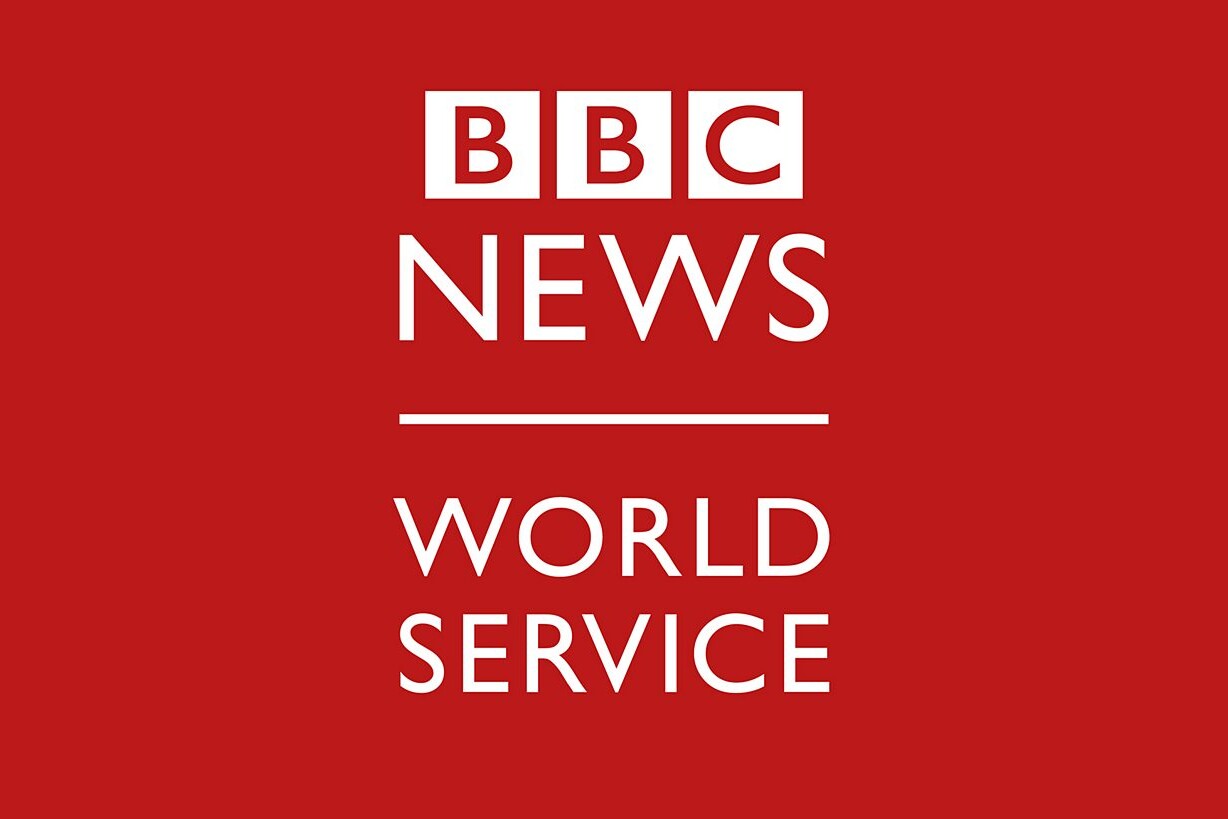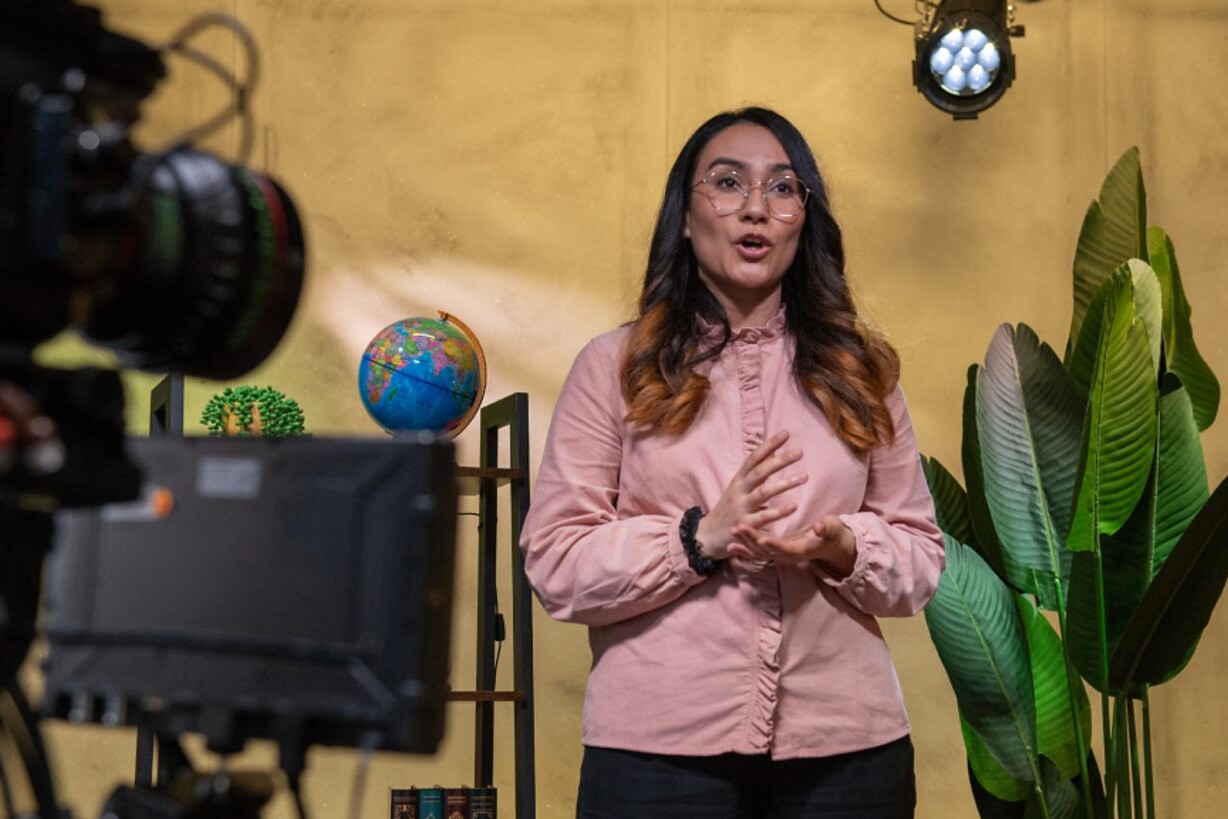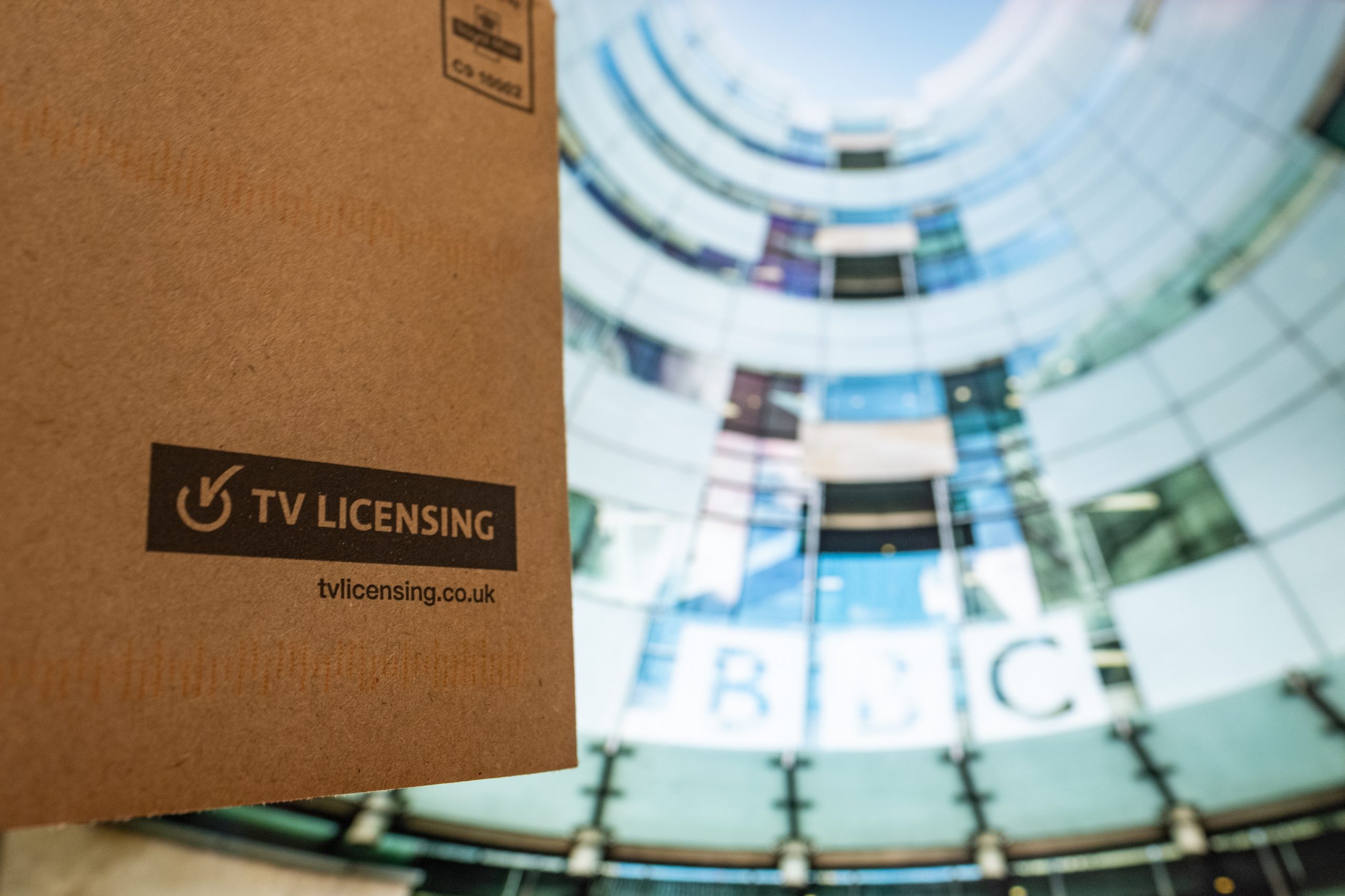What the BBC is doing to meet the needs of audiences
26th May 2023
Three new initiatives by the BBC are looking to deliver greater value for audiences, as well as cementing trust in the public broadcaster.

BBC Verify
BBC News has introduced a new brand, BBC Verify to counteract the challenges paused by disinformation and to help foster trust with their audience.
“BBC Verify is transparency in action – fact-checking, verifying video, countering disinformation, analysing data and explaining complex stories in the pursuit of truth,” said Deborah Turness, CEO of BBC News. “This is our promise to consumers – we understand that their trust must be earned and we will show them how we are doing that each and every day.”
BBC Verify is made up of a team of investigative journalists, and highly specialised staff working in the BBC newsroom in London. The brand will highlight the cutting-edge editorial tools and procedures used by BBC news journalists to research, source, and verify material, video, and photos using a variety of forensic and Open Source Intelligence (OSINT) skills that will allow them to go beyond traditional journalistic procedures in order inspire transparency with their audience and build trust. This team of experts will frequently be seen in BBC news material, such as on the BBC News channel, radio, and live pages of the BBC News website. The team will work on a variety of stories, ranging from breaking news to analysis and visual journalism to new and unique investigations.
In the upcoming weeks, BBC Verify will be available online and on television. The team will show their viewers how they gather evidence of their work and the results of that work, like analysing what is happening in warzones or areas that maybe difficult to reach, analysing social media using “undercover accounts” to help decipher what is happening on social media.
Welcome to BBC Verify! I chatted to BBC Breakfast about it.
Everything from interrogating social media feeds using undercover accounts and investigating real-world impact of mistruths, hate and conspiracy movements to piecing together what’s happening with satellite imagery. pic.twitter.com/4OoaiCd4ah
— Marianna Spring (@mariannaspring) May 22, 2023
Opening up the workings of journalists and how they go about compiling news has been identified as a way of building and cementing public trust. Denise Becker, a Brazilian researcher from the Federal University of Santa Catarina said, “journalistic transparency is a fundamental resource for explaining the process and origin of information, which has the practical effect of rebuilding trust with the public.”
The 2023 Edelman Trust Barometer reported that the UK had one of the lowest levels of trust in the media and that Journalists were among the least regarded when it came to institutional leadership where 43% of people believed that journalists sowed more division among than the people and 35% of people believed they were a unifying force.
Deborah Turness, in her position at BBC, has already made this transparency a hallmark of her position. The broadcaster has produced a high-quality promotional advert, Trust is Earned, which demonstrates the editorial values informing news production.
Listen toour podcast
Uncovering and exploring the biggest
issues facing public media
Meanwhile, the broadcaster has recently released a podcast, Frontlines of Journalism – presented by International Editor, Jeremy Bowen, which “looks at the obstacles that stand between journalism and truth.”
BBC Verify is another source of transparency: showing people how journalism is done; how journalists collect the evidence for stories published or seen on television and social media. BBC Verify is not only a brand that will address the growing threat of disinformation but may also be a way to restore faith and trust in the media.
BBC Radio is looking to develop its in-house spoken audio production model in order to capitalise on new creative potential.
BBC Radio announced its plan to adapt its in-house speech audio production strategy in order to bolster BBC’s overall offering to audiences as listening patterns change and to increase creative opportunities for talent. The plan may also aid in increasing their audience worldwide audience as live listening continues to remain popular.
With the global podcast market having grown by nearly 50% in the last five years, this new plan is designed to help the BBC explore how it can tap into the global podcast market to strengthen public service output, and retain talented people at the BBC. Whilst the current radio speech content created by the BBC’s in-house teams will remain unchanged, the BBC will expand the existing audio production teams at BBC Studios by relocating chosen programmes from factual, entertainment, and drama. BBC Studios’ distribution expertise will also be utilised to leverage the offering. This relocation is scheduled to take place on April 1, 2024 but contingent on approval.
BBC to provide extra support to help people pay for TV Licence
Finally, the BBC has announced that it will provide further assistance to people who are unable to pay their TV licence. This new action plan will seek to lower the number of women convicted for licence fee evasion who are in dire financial need. The strategy is a response to the BBC’s Gender Disparity Review, which was established to investigate and comprehend why 75% of those prosecuted are women. According to the review, this gap is mostly caused by socioeconomic factors.
At the heart of public media is a mandate to serve a diverse audience with a variety of content. BBC’s new plans all meet this mandate, meeting the current needs of their audience and being a PSM fit for the future.
Read more: Germany: Trust, accountability, and transparency are critical for public media
Related Posts
2nd May 2023
BBC World Service launches emergency radio service for Sudan
The programme, which will be broadcast…



